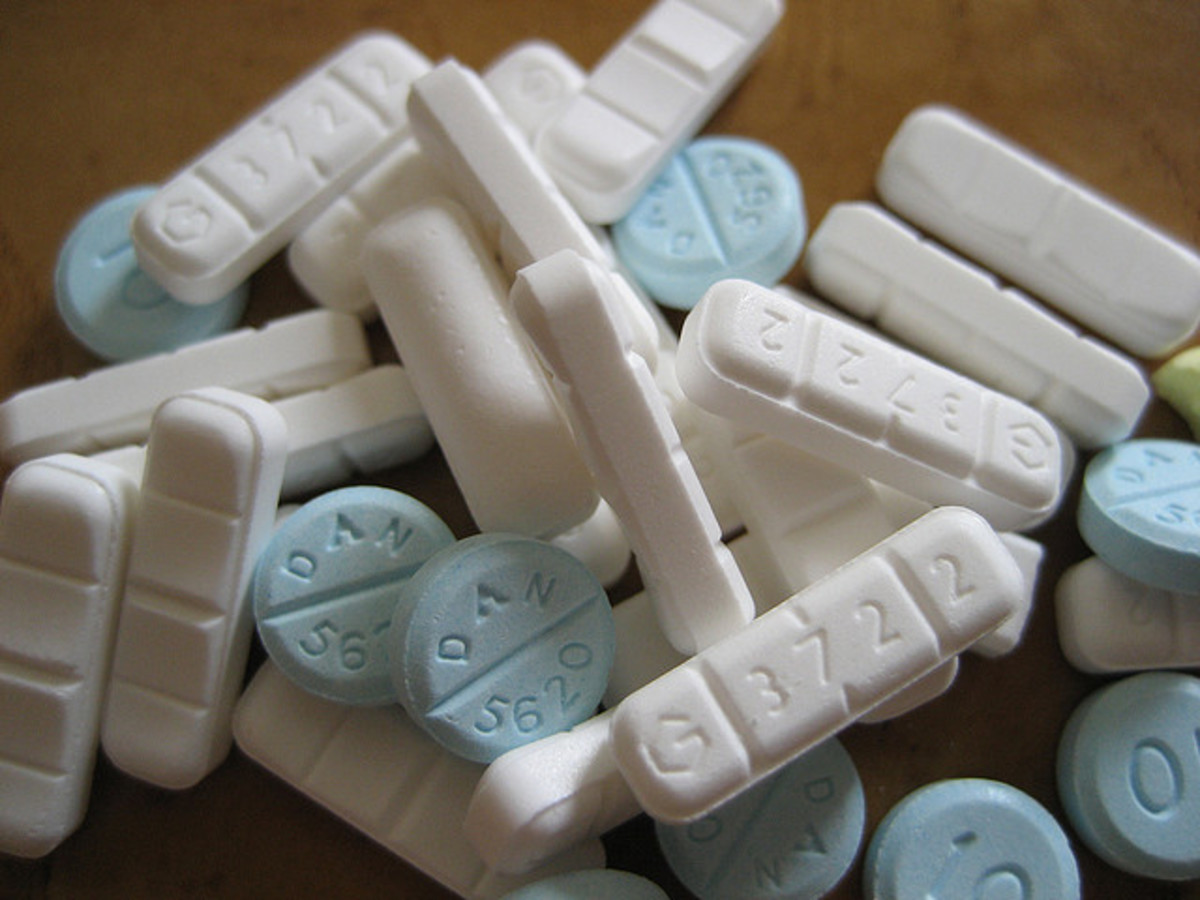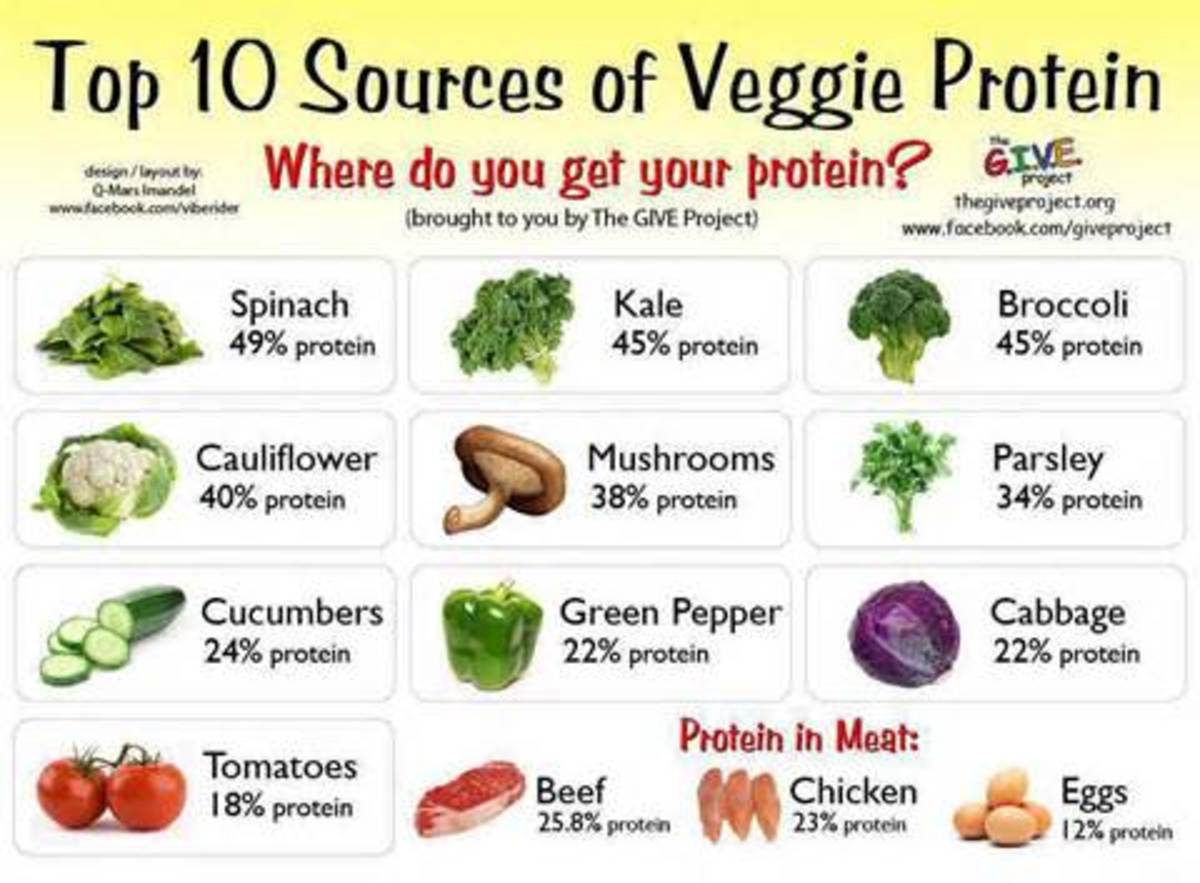Whey Protein Isolate - Part 5 - Side Effects and Cons
<< Part 4 - Research Proven Benefits <<
Now that we’ve looked at the research that proves that supplementing with whey protein is beneficial, let’s take a look at the other side of things.
Are there any side effects to using whey protein supplements?
Let’s take a look and see if there are any bad effects from whey protein supplementation.
Some might call gaining muscle a side effect, but I’d consider that a good thing.
Side Effect Theories
Some people have a few theories that supplementing whey protein, and other types of protein, will cause certain side effects. The problem is that there are no studies to back their claims!
We consume protein all the time when we eat normal food, so unless you have issues digesting protein you won’t have a problem with whey protein supplementation.

But that doesn’t stop the rumors being spread.
Some say that it’ll hurt your kidneys or liver, but there’sNOscientific research to back their claims. There have been no studies done on healthy individuals with normal kidney function that show that whey protein hurts your kidneys. The same thing can be said about liver damage, but they still believe that prolonged protein supplementation will cause damage.
I’ve even heard claims that it’ll cause osteoporosis, with once againNOresearch to back these claims. Oh well.
So there’s no proof that whey protein supplements will cause any of the side effects above, but are there any proven side effects?

Lactose Intolerance
Whey protein is a milk product so if you are lactose intolerant then you may have allergic reactions to it, especially whey protein concentrate.
The concentrate version is the cheapest type of whey protein and it’ll contain around 5 to 6% lactose.
A better option for you would be whey protein isolate, because a lot of the lactose is filtered out during processing. Whey protein isolate usually contains less than 1% of lactose.
I’m not saying that you won’t have allergic reactions to whey protein isolate, but they might be minimized.
Levels that low should be able to be tolerated but I’m sure that it would vary from person to person.
Whey protein hydrolysate is also a better option than concentrate but it’s a lot more expensive.
Interactions With Medications
There are a few medications that don’t perform as well if you take whey protein while you’re on the medication.
Whey protein may slow the absorption of levodopa and alendronate (Fosamax). It’s recommended that you don’t take whey protein while you’re taking levodopa and to not consume whey protein within 2 hours of taking Fosamax.
The calcium in whey protein also interacts with Tetracycline antibiotics like Declomycin, Minocin and Achromycin. The calcium in whey can attach to tetracycline and decrease that amount that’s absorbed in your stomach. So it’s recommended that you if you supplement with whey protein to take it 2 hours before or 4 hours after you take your Tetracycline antibiotics.
So if you take any of these medications, heed the warnings!
Minor Side Effects
There have been a handful of minor side effects that were caused by high dosages of protein like:
- Increased Bowel Movements
- Nausea
- Thirst
- Bloating
- Cramps
- Reduced Appetite
- Fatigue
- Headache
If you experience any of these symptoms after supplementing with whey protein, then lower the dosage you use next time you take it. All excess calories have a good chance of being stored as fat, even protein, so don't overdo it!
Whey protein isolate really seems like a safe supplement to take. As long as you’re not lactose intolerant, taking any of the medications listed above or consuming huge doses of whey protein, you should notice no side effects at all.
Some of you may not know how much whey protein you should take or when to take it, so I’d like to go over than next.









